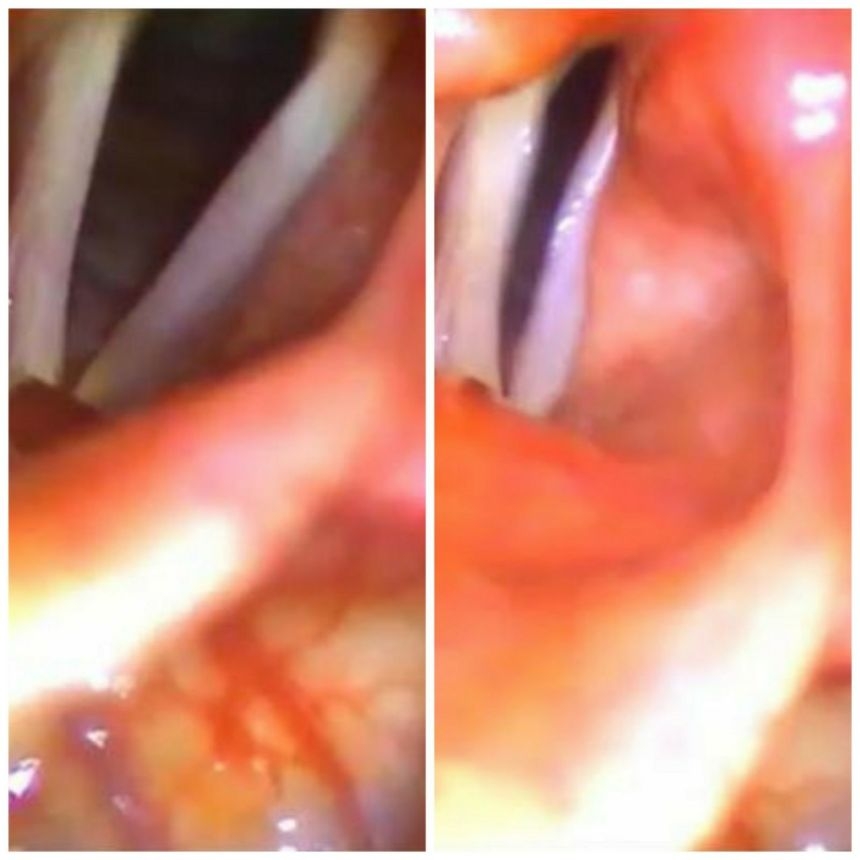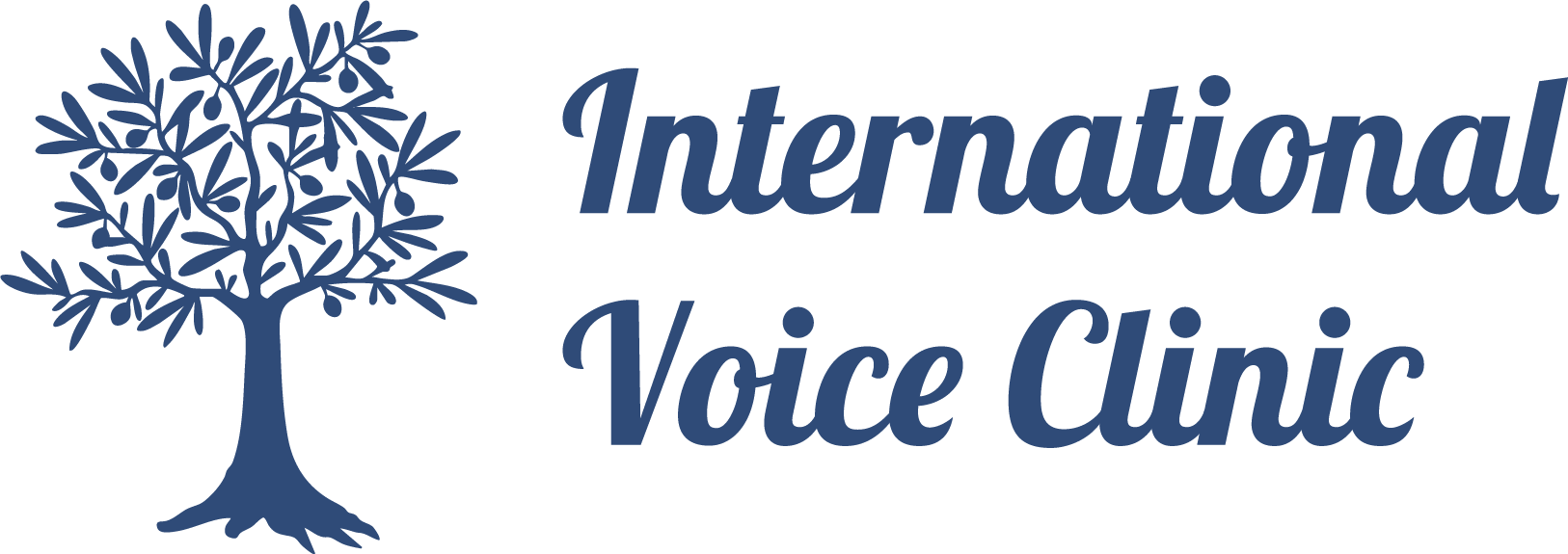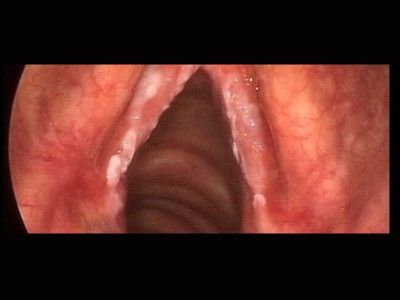Vocal Cord Paralysis
Vocal cord paralysis means that the movement of the vocal cords is restricted due to dysfunction of the nerve that should send signals to the muscles that make up the vocal cord tissue. Each person has two vocal cords. These two vocal cords are connected at one end like the letter V and free at the other end. Normal vocal cords open during breathing and close completely during vocalisation or swallowing. Depending on the number of affected vocal cords, paralysis can be unilateral or bilateral. The paralysed vocal cord remains immobilised during breathing and vocalisation.

Causes of Vocal Cord Paralysis
The most common causes leading to unilateral vocal cord paralysis are surgical interventions performed within the head, neck, or chest cavity. During the treatment of the relevant disease, the vocal cord nerve can involuntarily get damaged. In some cases, nerve damage becomes inevitable to treat the disease. Common examples include thyroid (goiter) surgeries, surgeries for cervical vertebrae, surgical interventions on the heart and major vessels, and brain surgeries. Since the nerves supplying the vocal cords are very delicate, even careful surgeries may result in function loss, which is often unavoidable.
The second most common cause of unilateral vocal cord paralysis is inflammatory conditions that cause problems with nerve function. This condition is most often seen after viral infections and may be temporary in some cases, meaning the nerve may start working again after a while, and the paralysis resolves.
The third common issue that prevents the function of one vocal cord is tumors that compress the nerve. The relevant nerve and its branches start from the brain, pass through the neck, enter the chest cavity, and return to the neck to supply the vocal cords. Some benign and malignant tumors that may occur along this long path can impair the function of the nerve, preventing it from working. This situation can also result in vocal cord paralysis. The most common tumors causing vocal cord paralysis are tumors found in the lungs.
Many other factors can lead to unilateral vocal cord paralysis. These include drug-related toxicity, neurological diseases, and brain hemorrhages.
Symptoms of Vocal Cord Paralysis
Individuals with unilateral vocal cord paralysis often complain about a decrease in sound quality. Hoarseness, weak voice, breathy voice as if there is air leakage while speaking, quick fatigue after talking for a while, inability to produce desired loudness, and inability to produce high-pitched sounds are some of the potential voice issues that can arise. In some individuals, due to the vocal cords not closing completely, problems such as liquid food entering the airway, for instance, coughing frequently while drinking water, feeling like choking may also be observed.
How is Vocal Cord Paralysis Diagnosed?
The diagnosis of vocal cord paralysis can be made in the office setting using appropriate imaging modalities such as videolaryngostroboscopy and flexible fibreoptic laryngoscopy. Acoustic analysis can be performed to understand how much the voice is affected by the condition.
In order to determine the cause of vocal cord paralysis, a complete examination of the ear, nose, throat, head and neck region should be performed, and if necessary, the cause should be revealed by using appropriate radiological examination methods (computed tomography and magnetic resonance imaging) and laboratory tests.
Treatment of Vocal Cord Paralysis
The main methods used to treat voice problems associated with unilateral vocal cord paralysis are voice therapy, injection laryngoplasty (filling of the vocal cords, closed vocal cord surgery) and thyroplasty (open vocal cord surgery). Which of these methods is used and the timing may vary depending on the clinical condition of the patient and the level of aspiration (fluid leakage into the airway). After vocal cord paralysis, the best vocal results can be achieved with the correct applications at the earliest possible time.





